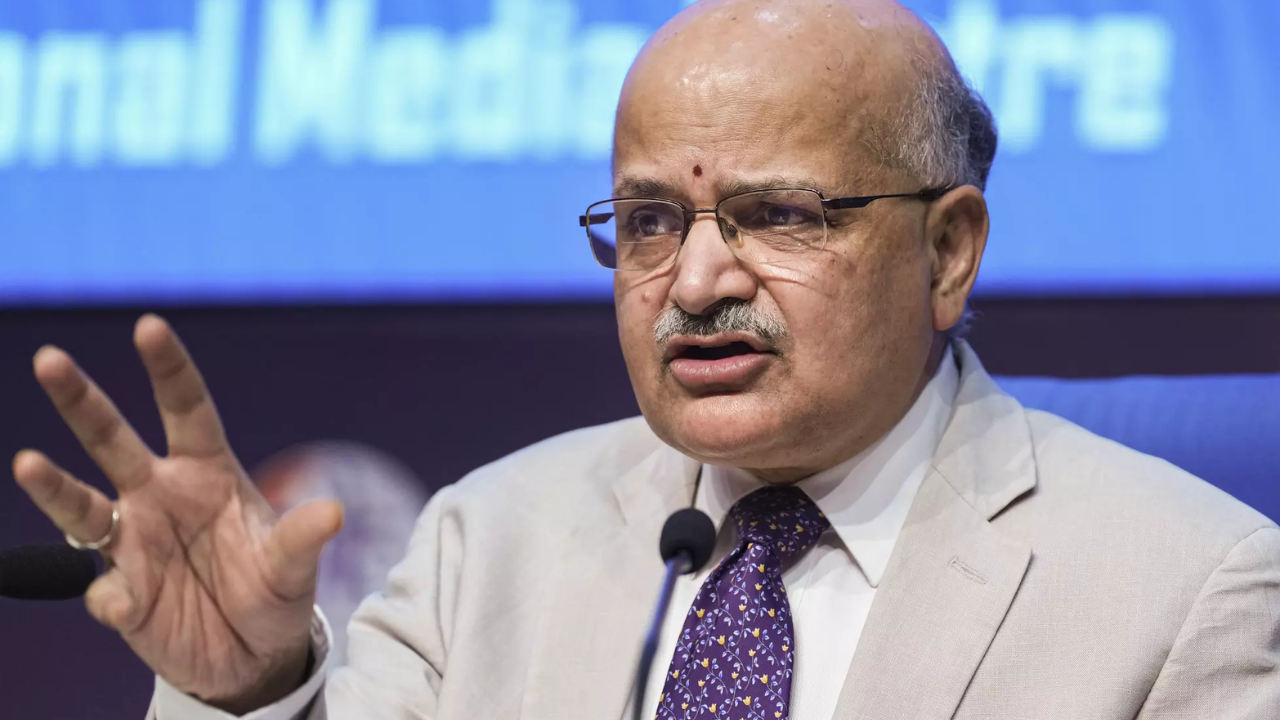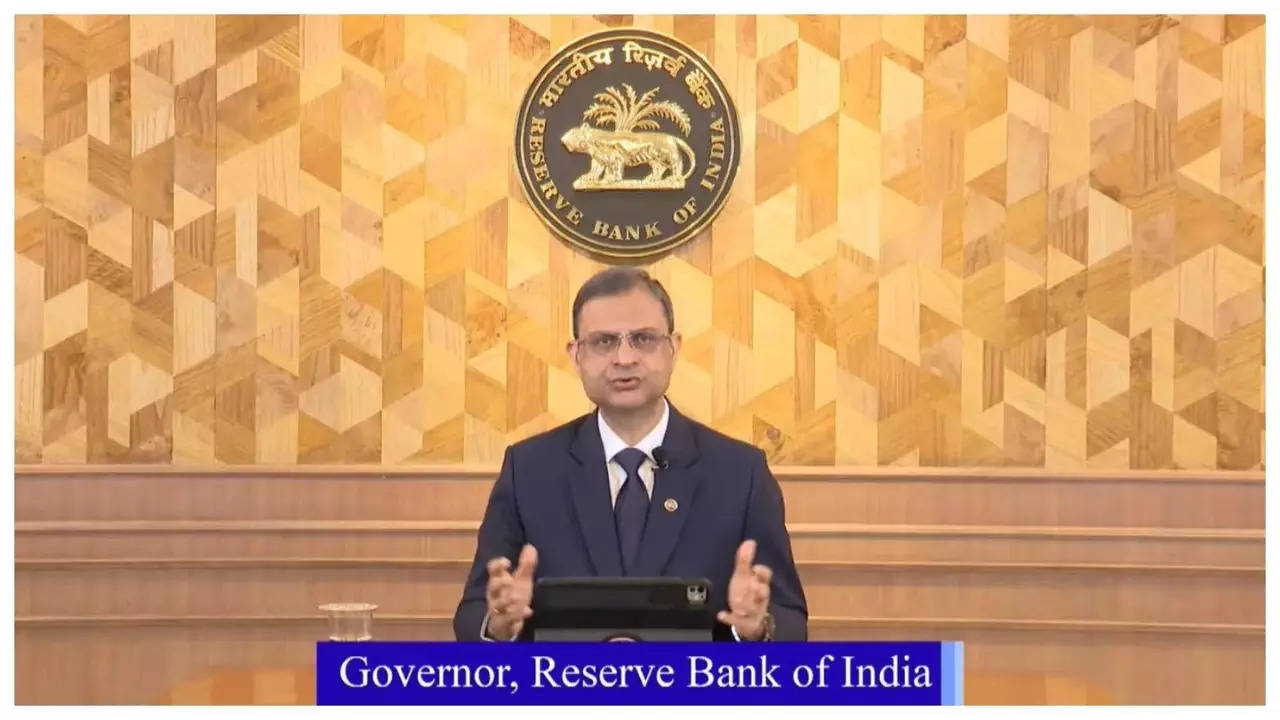Sikandar Ka Muqaddar Review: The Film Has Neither Spark Nor Sparkle

Join our WhatsApp Community to receive travel deals, free stays, and special offers!
- Join Now -
Join our WhatsApp Community to receive travel deals, free stays, and special offers!
- Join Now -
Think up a character. Name him Sikandar. He may or may not master of his destiny. Pit the clean-cut guy against a dogged lawman determined to control the man's muqaddar. Lo and behold, you have a handy title that harks back to a 1978 Amitabh Bachchan megahit with which this Netflix film has nothing to do.
The words, situations and actions that Sikandar Ka Muqaddar packs into its runtime of nearly two and a half hours are all perfectly in order until the makers seek to turn the clock back so much that the whole contraption is on the brink of collapsing in an ungainly heap. If it does not, it is only because the film isn't really aiming all that high. The fall, therefore, isn't too precipitous.
The fate of Sikandar Ka Muqaddar, produced, directed and co-written by Neeraj Pandey, is sealed primarily by its ill-advised insistence on embracing and playing up mothballed generic methods that were once the mainstay of Mumbai potboilers. They stick out no matter how harmless they are.
As obsessions and aspirations collide in this lowkey crime thriller, a cop with an unblemished detection record targets a seemingly gormless bloke who instils and repairs computers for a living. The titular protagonist, Sikandar Sharma (Avinash Tiwary), a man from Kanpur, is both a mouse and a hare.
The investigator, Jaswinder Singh (Jimmy Shergill), unrelenting in his pursuit, is a cat and a wolf rolled into one. For him, the hunt is as much a game as a chase.
The former pays the price for being in the wrong place at the wrong time. The latter suffers the consequences of diving inordinately deep into a case. Sikandar encounters one misfortune after misfortune as he tries to gather the pieces of a life torn to shreds by the cocksure, know-all cop, the latter, too, has his share of hell to pay.
The film opens in 2009. Four armed men plan to raid a diamond fair in Mumbai. The police are tipped off. The robbery attempt is thwarted. The criminals are gunned down. In the melee, five red solitaires disappear. IO Jaswinder Singh, who prides himself on his mool vritti (instinct), rounds up three suspects.
Besides Sikandar, who is at the scene of the crime to supervise the AV systems installed there, the needle of suspicion points to two employees of a diamond trading firm, Mangesh Desai (Rajeev Mehta) and Kamini Singh (Tamannaah Bhatia).
Although Sikandar is number three on the list of suspects, Jaswinder has a gut feeling that the computer technician is the man to nail. He spares no effort to get the accused to make a clean breast. The trio pleads innocence.
Cut to 15 years later. Sikandar has moved on. He now works for a construction company in Abu Dhabi. Back in Mumbai, Jaswinder hits the skids. He is dismissed from the police force (for being drunk on duty) and is divorced by his wife, Kaushalya (Divya Dutta) on the same day.
As he sits on the terrace of a bar drinking himself silly, Jaswinder remembers Sikandar, the man he hounded out of the country a decade and a half ago. It's time for the first for a flashback. There are many more as the film zigzags its way between 2009 and the present day.
Sikandar Ka Muqaddar repeatedly breaches the line that separates the whimsical from the arbitrary. It errs more on the side of the latter. The fare that is rustled up in the bargain adds up to little. The film has neither spark nor sparkle.
When Sikandar Sharma returns to Mumbai for a long-awaited meeting with his one-time tormentor, Jaswinder Singh confesses to him that his instinct failed him for once. But the admission, predictably, does not mark the end of the story.
At one point in the conversation, Jaswinder suggests that Sikandar's story should be titled Teen Devian (a 1965 Dev Anand film). Indeed, the latter has three women in his life - Kamini, a single mother left by her husband for another woman; Priya Sawant (Ridhima Pandit), a nurse who helps him take care of his ailing mother; and Tabassum Khan (Zoya
Afroz), a colleague who accompanies him on weekly movie dates in Abu Dhabi.
It turns out that all three, Kamini much more than the others, have had a role to play in shaping Sikandar's muqaddar. By the time the audience is allowed to be privy to what each one has brought to the table, the battle of attrition between the two men turns into a desultorily up-and-down affair, more words than action.
Even to the most inveterate of mystery movie lovers, Sikandar Ka Muqaddar is unlikely to deliver any genuine delights. Its narrative arc is wholly in the realms of the expected. It is from miles away that one can see what is coming, with Sikandar sliding into chaos and misery every time he seems to be close to a turnaround.
A move to Agra with his wife to take up employment in a glass factory owned by a friend's maternal uncle augurs well. But the escape is short-lived as setbacks pile up quickly and the man is back to running for cover.
Much of the background score in Sikandar Ka Muqaddar is jarring. It is hardly in sync with the needs of a film playing on a streaming platform. On the big screen, the decibels might have passed muster, especially because one of the key ideas of the film is to evoke an era gone by. But in a smaller, more intimate format, it sounds way too excessive.
The three key members of the cast - Avinash Tiwary, Jimmy Shergill and Tamannaah Bhatia - strain every muscle in their histrionic armoury to make their way through a film that struggles with pace and erratic energy levels.
Sikandar Ka Muqaddar is smartly packaged. What it needed more of was novelty in the matter of what it crams into its bag of contrived tricks. The missing solitaires do inevitably show up, but neither the diamonds nor the subsequent twists that the stones trigger alter the fortunes of the flagging film.
What's Your Reaction?
 Like
0
Like
0
 Dislike
0
Dislike
0
 Love
0
Love
0
 Funny
0
Funny
0
 Angry
0
Angry
0
 Sad
0
Sad
0
 Wow
0
Wow
0



















































